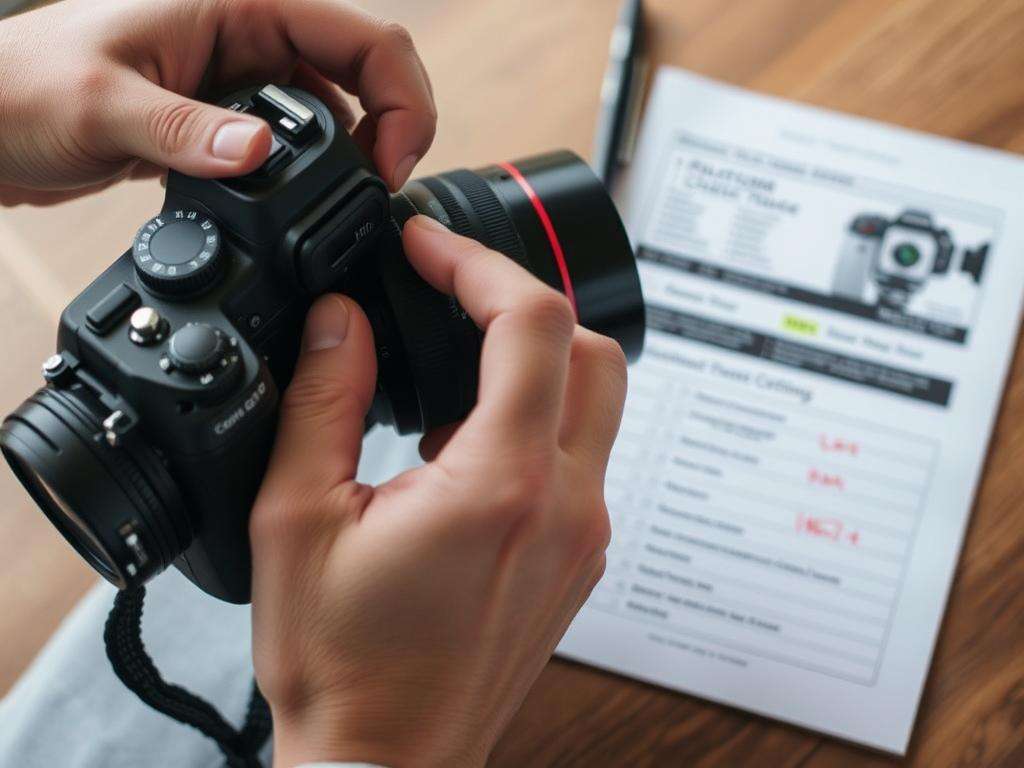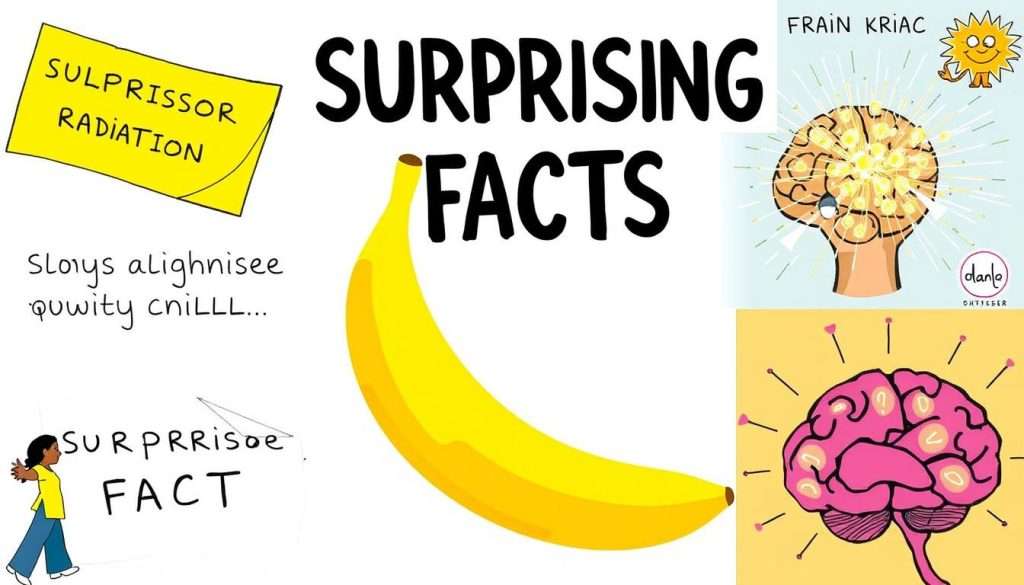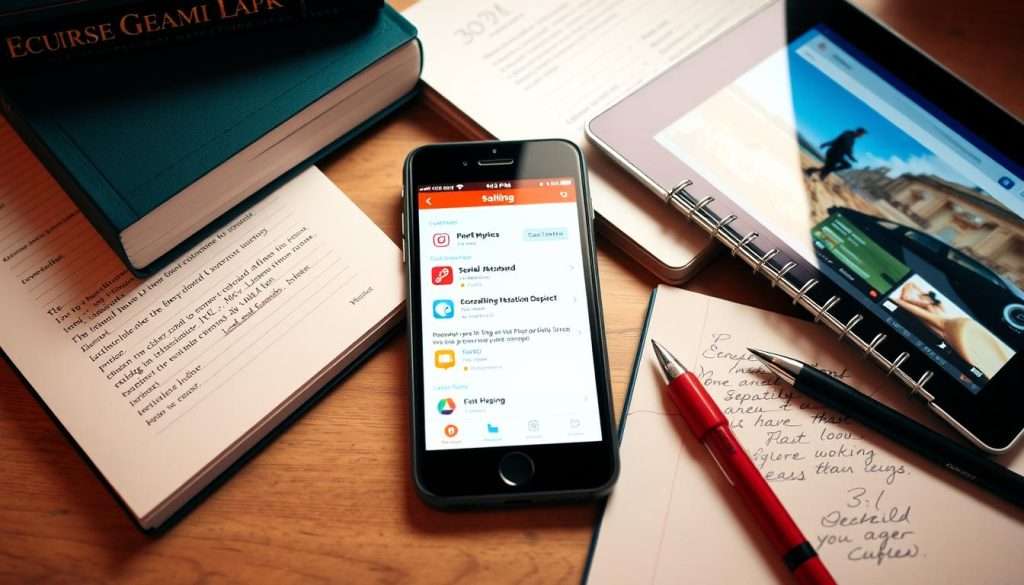Remember that rush of excitement when you finally understood how to solve a tricky math problem? Or the satisfaction of learning to play your favorite song on an instrument? That feeling doesn’t have to be reserved for childhood milestones. The joy of learning something new every day is one of life’s most accessible pleasures — and it’s available to all of us, regardless of age, background, or how busy our schedules might be.
Did you know the average person spends nearly 6 months of their life waiting in lines? Imagine replacing just 10 minutes of social media scrolling with learning how octopuses have three hearts or why ancient Romans used urine as mouthwash (yes, really!). Suddenly, life gets way more interesting. Learning isn’t just about formal education — it’s about embracing curiosity as a lifestyle and finding delight in discovery.
Why Learning Something New Every Day Matters
Learning isn’t just about collecting facts — it’s about expanding your world. When you learn something new every day, you’re not just becoming smarter; you’re becoming more alive to the wonder around you. Your brain is literally rewiring itself, creating new neural pathways that keep your mind sharp and agile.
“Anyone who stops learning is old, whether at twenty or eighty. Anyone who keeps learning stays young.” — Henry Ford
I once met a 92-year-old woman who learned to code at 85. When I asked why she bothered at her age, she laughed and said, “Because yesterday I didn’t know how.” That simple philosophy had kept her mind sharper than many people half her age.
The Science Behind Daily Learning
When you learn something new, your brain releases dopamine — the same “feel-good” chemical triggered by eating chocolate or falling in love. This creates a natural high that can become pleasantly addictive. Studies show that regular learning activities can reduce cognitive decline by up to 32% as we age.
But the benefits go beyond brain health. Daily learning has been linked to:
- Increased confidence and self-esteem
- Better conversation skills and social connections
- Enhanced creativity and problem-solving abilities
- Greater adaptability to change
- Reduced stress and anxiety levels
- Improved focus and concentration
- More meaningful travel experiences
- A stronger sense of purpose and fulfillment
The Unexpected Magic of Daily Learning

The Accidental Office Hero
Meet Jamie, a quiet accountant who started learning one random fact each morning with breakfast. Nothing fancy — just whatever caught her eye in a trivia book. Within months, she became the unexpected star of office gatherings. “Did you know honey never spoils? Archaeologists found 3,000-year-old honey in Egyptian tombs that was still perfectly edible!” she’d mention casually by the coffee machine.
Soon, colleagues were stopping by her desk for the “fact of the day.” What began as a simple morning habit transformed her workplace reputation and confidence. “I’m the same person,” she told me, “but learning these little things gave me conversation starters that connected me with people I’d barely spoken to for years.”
The Quarantine Genius
Jamie’s story isn’t unique. History is filled with examples of how learning something new every day can lead to extraordinary outcomes. When Isaac Newton was sent home from Cambridge during the Great Plague of 1665, he didn’t waste his quarantine binging on Netflix. Instead, he used this forced isolation to develop calculus, advance his understanding of optics, and formulate his theory of gravity.
While we can’t all invent calculus during our downtime, Newton’s example reminds us that consistent learning, even in small doses, can compound into remarkable results.
Join Our Learning Community!
Discover bite-sized lessons that make learning fun and accessible. Subscribe to Studying Machine for daily inspiration and practical learning tips.
How to Learn Something New Every Day (Without Overwhelming Yourself)

The beauty of daily learning is that it doesn’t require huge time commitments or formal classes. Here are some practical ways to incorporate learning into your everyday life:
1. The Five-Minute Knowledge Snack
Set aside just five minutes each day — perhaps while waiting for your coffee to brew or before bed — to learn something new. Use this time to read an article, watch a short educational video, or listen to a mini-podcast. The key is consistency, not duration.

2. The Curiosity Journal
Keep a small notebook or digital note where you jot down questions that pop into your mind throughout the day. “Why is the sky blue?” “How do bees know which flowers to visit?” Then, pick one question each day to find the answer to. This practice trains your brain to notice what you don’t know — the first step in learning.
3. The Skill-Stacking Approach
Instead of trying to master one big skill (which can feel overwhelming), focus on learning tiny sub-skills that stack together. Want to learn photography? Start by understanding just one setting on your camera each day. After a month, you’ll have a solid foundation without ever feeling overwhelmed.

4. The Conversation Challenge
Challenge yourself to learn something new from every conversation. Ask questions like “What’s something you know a lot about that most people don’t?” You’ll be amazed at what people are willing to teach when given the opportunity to share their expertise.
Surprising Facts That Make Learning Addictive

Sometimes the best motivation for learning is discovering just how fascinating our world really is. Here are some quirky facts that might spark your curiosity:
The Banana Equivalent Dose
Scientists sometimes measure radiation exposure in “Banana Equivalent Doses” because bananas contain naturally occurring radioactive potassium-40. Don’t worry — you’d need to eat about 10 million bananas at once for it to be dangerous!
The Velcro Revolution
Velcro was invented after Swiss engineer George de Mestral went for a hike and wondered why burrs stuck to his clothes and dog. His curiosity led to examining the tiny hooks under a microscope and eventually creating one of the world’s most useful fasteners.
The Pythagorean Beer Theorem
Ancient Babylonians used what we now call the Pythagorean theorem (1,000 years before Pythagoras) to ensure consistent beer quality by calculating the precise dimensions needed for brewing vessels.
These kinds of facts aren’t just fun at parties — they demonstrate how curiosity about everyday things can lead to fascinating discoveries and even world-changing innovations.
Practical Ways to Make Learning a Daily Habit

1. Pair Learning With Existing Habits
Attach learning to something you already do daily. Listen to educational podcasts during your commute, read an article while eating breakfast, or watch a tutorial video while exercising. This “habit stacking” makes learning feel effortless because it piggybacks on established routines.
2. Create a Learning Environment
Surround yourself with learning triggers. Keep interesting books visible around your home, follow educational accounts on social media, or set your homepage to a fact-of-the-day website. Your environment shapes your behavior more than willpower alone.

3. Embrace the “Two-Minute Rule”
If something takes less than two minutes to learn, do it immediately. This could be looking up the definition of an unfamiliar word, understanding a basic concept, or learning a quick keyboard shortcut. These micro-learning moments add up significantly over time.
4. Follow the 1% Rule
Aim to get just 1% better each day. This approach makes learning sustainable and prevents burnout. Over a year, these tiny improvements compound to make you 37 times better! It’s the difference between trying to read an entire book in one sitting versus reading just 3 pages daily.
Overcoming Common Learning Obstacles

Even with the best intentions, obstacles can derail our learning habits. Here’s how to overcome the most common barriers:
“I don’t have time to learn new things.”
Start with just 5 minutes daily. That’s 0.3% of your waking hours! Use “dead time” — waiting in line, commuting, or during commercial breaks. Remember: it’s not about finding time; it’s about making time for what matters.
“I forget what I learn too quickly.”
Try the “teach it” technique: After learning something, explain it to someone else (or even to an imaginary person). Teaching forces your brain to organize information in a way that strengthens retention. Also, revisit what you’ve learned after 24 hours, then a week, then a month to cement it in your memory.
“I’m too old to learn new things.”
This is a myth! While learning styles may change with age, your brain remains plastic throughout life. In fact, learning new skills is one of the best ways to maintain cognitive function as you age. Start with topics that genuinely interest you, and you’ll be surprised at your capacity to learn.
“I don’t know where to start.”
Begin with your natural curiosities. What do you find yourself googling? What topics come up in conversations that make you wish you knew more? Start there, and let one interest lead naturally to another. Learning should follow your curiosity, not someone else’s curriculum.
Resources to Fuel Your Daily Learning Habit

With so many resources available today, learning has never been more accessible. Here are some of my favorites for daily knowledge boosts:
Apps That Make Learning Addictive
Duolingo
Turn language learning into a game with bite-sized lessons that take just 5 minutes daily. The streak feature keeps you motivated to maintain your daily learning habit.
Blinkist
Get the key insights from non-fiction books in just 15 minutes. Perfect for busy people who want to absorb new ideas without committing to entire books.
Brilliant
Learn math and science through interactive puzzles and challenges that make complex concepts accessible and engaging, even for beginners.
Websites and Channels for Curious Minds
Studying Machine
Our YouTube channel offers bite-sized videos on fascinating topics across science, history, psychology, and more — perfect for daily learning that fits into any schedule!
Atlas Obscura
Discover the world’s hidden wonders with daily articles about strange places, incredible stories, and fascinating phenomena you won’t find in standard travel guides.
TED-Ed
Short, animated lessons on everything from how pigeons helped win wars to why we can’t tickle ourselves. Perfect for visual learners who enjoy storytelling.

Tracking Your Learning Journey
Tracking what you learn not only helps you remember it better but also provides a visual record of your growth that can be incredibly motivating. Here are some simple ways to document your learning journey:
The “Did You Know?” Journal
Keep a small notebook or digital note where you write down one interesting thing you learned each day. Date each entry. On tough days when you feel like you’re not making progress, flip through this journal to see just how much you’ve actually learned over time.
The 30-Day Challenge
Pick one specific skill or topic and commit to learning something new about it every day for 30 days. This focused approach can help you develop surprising depth in a subject without feeling scattered. Share your progress on social media to stay accountable!
Try This: At dinner each night, take turns sharing one new thing each person learned that day. This simple ritual not only reinforces learning but also creates meaningful family conversations beyond the usual “How was your day?”
The Knowledge Tree
Create a visual “knowledge tree” where you add a leaf (a sticky note or digital entry) for each new thing you learn. Group related topics on the same branch. This helps you see connections between different areas of knowledge and might inspire new learning paths to explore.
Embracing the Joy of Daily Learning

Learning something new every day isn’t about becoming an expert in everything or memorizing random facts to impress others. It’s about maintaining a sense of wonder about the world. It’s about staying mentally nimble and emotionally engaged with life. Most importantly, it’s about finding joy in the process of discovery itself.
Remember that 92-year-old coder I mentioned? When I asked her what kept her going, she said, “Every day I learn something that surprises me, and that surprise is what makes me feel alive.” That’s the real secret — learning keeps us young at heart, connected to the world, and open to possibilities.
So tomorrow morning, ask yourself: “What new thing will I learn today?” Then watch as your world expands, one fascinating discovery at a time.
Continue Your Learning Journey With Us!
For daily doses of fascinating knowledge, learning hacks, and inspiration to fuel your curiosity, subscribe to Studying Machine on YouTube. Join our community of lifelong learners who believe that every day is an opportunity to discover something amazing!
“The beautiful thing about learning is that no one can take it away from you.” — B.B. King

